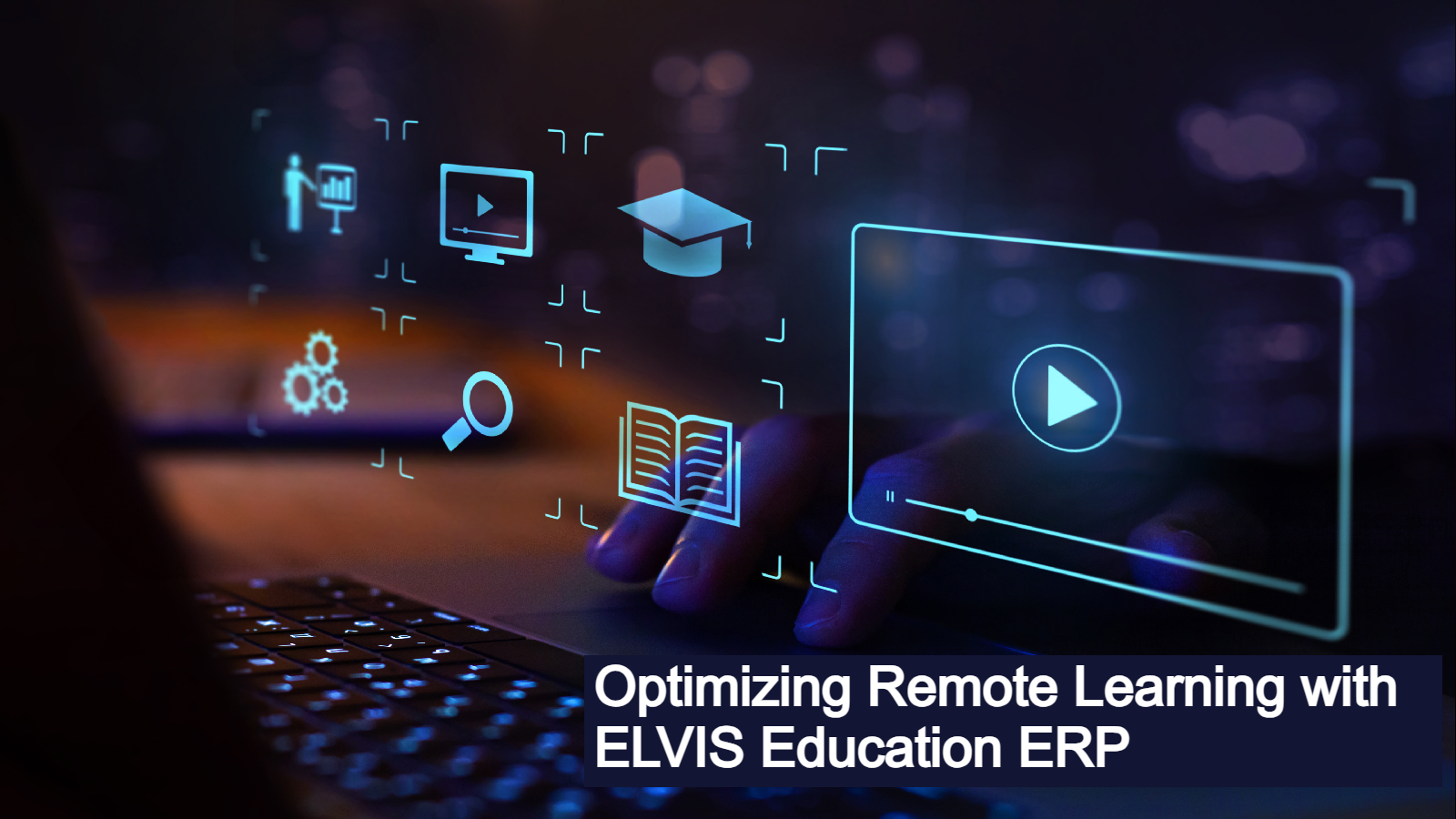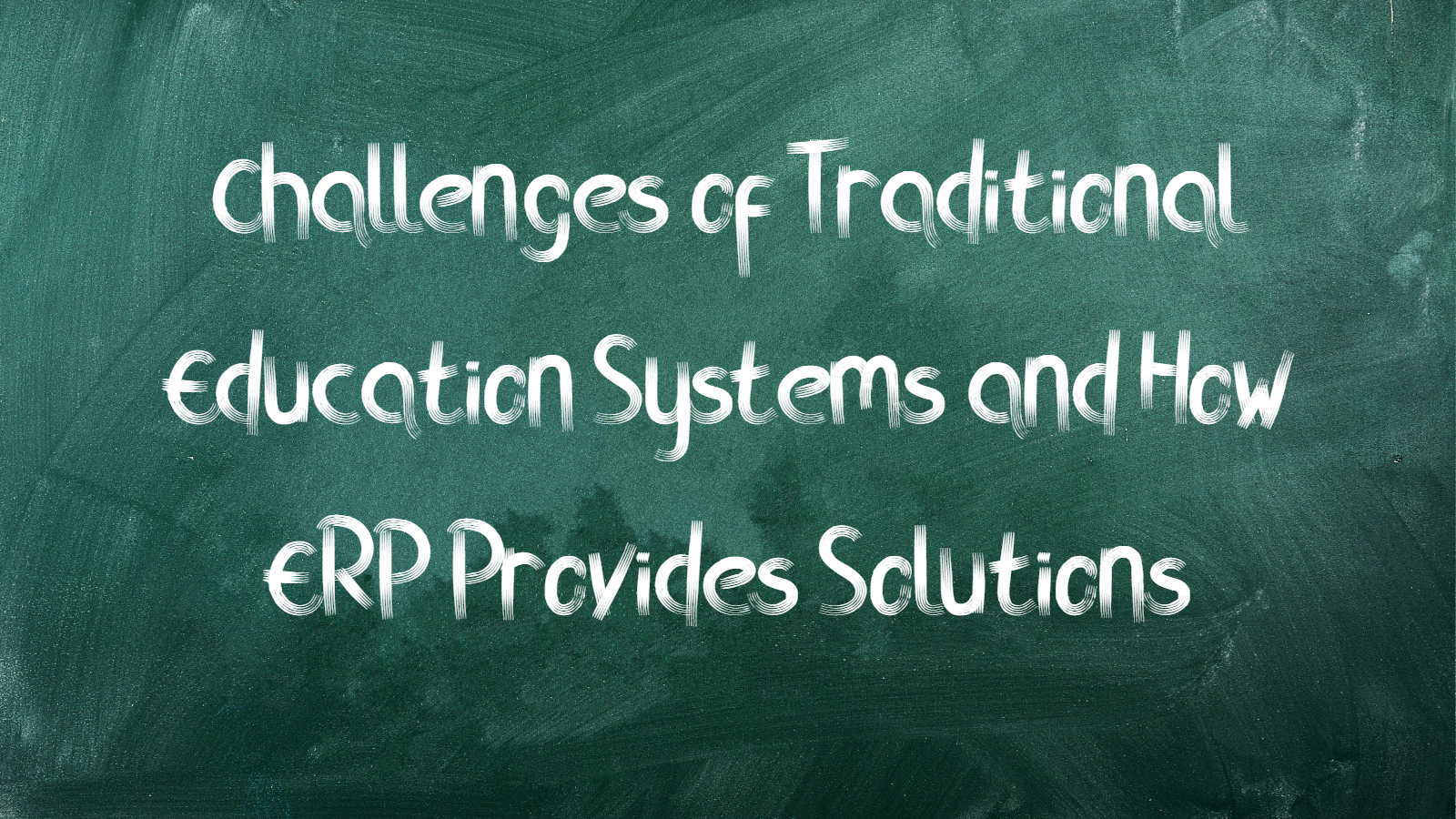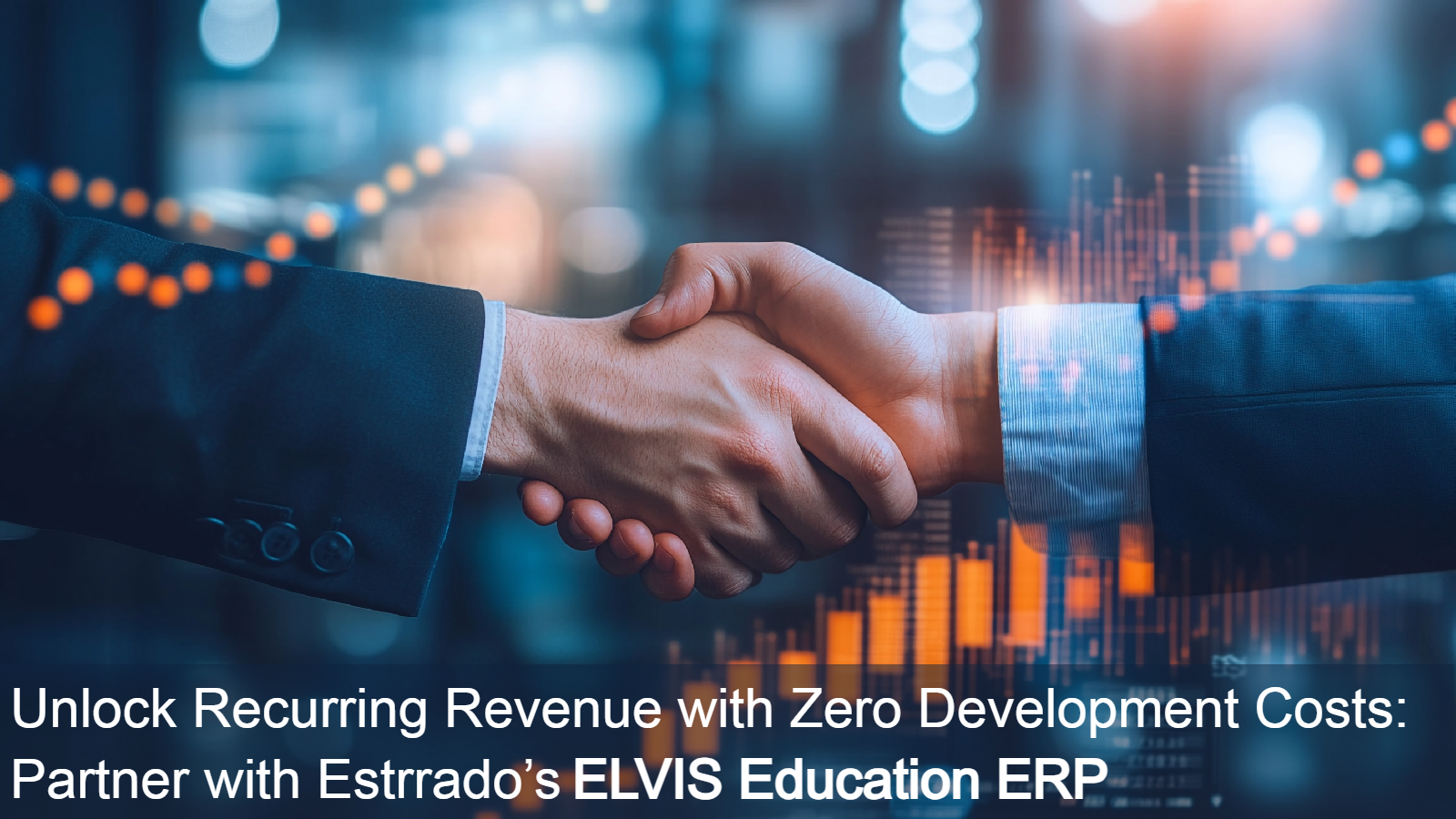Introduction
Enterprise Resource Planning (ERP) is a software suite that keeps businesses going. They streamline operations, boost efficiency, and help companies gain a competitive edge.
Beyond the acronym lies a world full of interesting facts. From surprising origins to hidden benefits, we look at 10 facts about ERP that you may not have known.
10 Interesting ERP Facts
- From Humble Beginnings: The term “ERP” emerged in the 1990s, but its roots trace back to the 1960s manufacturing floor. Early MRP (Material Requirements Planning) systems tackled inventory management, laying the groundwork for today’s comprehensive solutions.
- A Global Powerhouse: The ERP market is an unstoppable force, valued at over $54 billion in 2022 and expected to expand further. This highlights the growing need for businesses to streamline operations in an increasingly interconnected world.
- AI & the Future of ERP: The future is intelligent. Over 60% of businesses are incorporating AI, blockchain, and cloud-based solutions into their ERP systems, paving the way for smarter automation and even more insightful data analysis.
- Mobile Accessibility: Modern ERP systems prioritize accessibility, allowing users to access crucial business data and functionalities from anywhere, at any time, using mobile devices. This mobile accessibility empowers remote workers and enhances productivity in today’s increasingly mobile workforce.
- ERP Failure Rates: Despite the promise of ERP, not all implementations are successful. Research indicates that ERP failure rates range from 20% to 60%, often due to factors such as poor planning, inadequate training, resistance to change, and mismatched expectations between stakeholders and vendors.
- Return on Investment (ROI): When implemented correctly, ERP systems can deliver substantial ROI by streamlining processes, reducing costs, improving productivity, and driving revenue growth. According to a study by Panorama Consulting Solutions, 81% of organizations achieved a positive ROI from their ERP investments.
- Going Green with ERP: By optimizing processes and reducing waste, ERP can contribute to a more sustainable business operation. This resonates with today’s environmentally conscious consumers and businesses alike.
- Customization Capabilities: While many ERP solutions offer out-of-the-box functionality, organizations often require customization to meet their unique business requirements. ERP systems provide extensive customization capabilities, allowing businesses to tailor the software to their specific workflows and processes.
- AI and Machine Learning Integration: The future of ERP is intelligent. Many solutions now incorporate AI and machine learning for tasks like demand forecasting, optimized inventory management, and even predictive analytics.
- Continuous Evolution: ERP is not a static technology; it constantly evolves to adapt to changing business landscapes and technological advancements. Vendors regularly release updates and new features to enhance performance, usability, and compatibility with emerging technologies such as AI and IoT.
Conclusion
ERP is a game-changer for businesses of all sizes. It’s an investment that goes beyond software; it’s a strategic approach to optimizing your operations and unlocking your company’s full potential. Whether you’re aiming to streamline workflows, gain deeper business insights, or improve overall efficiency, ERP can be the key to achieving your goals.
Frequently Asked Questions (FAQs)
What is ERP?
ERP stands for Enterprise Resource Planning. It’s a software suite that helps businesses manage their day-to-day operations across various departments, like finance, human resources, and supply chain.
What are the benefits of using ERP?
ERP offers many benefits, including:
- Increased efficiency and productivity
- Reduced costs
- Improved data analysis and decision-making
- Enhanced collaboration between departments
- Streamlined business processes
- Potential for positive return on investment (ROI)
- Contribution to a more sustainable business operation
Can I access ERP on my phone?
Yes, modern ERP systems are mobile-friendly. This allows users to access important data and functionalities anytime, anywhere, on their mobile devices.
How big is the ERP market?
The ERP market is a multi-billion dollar industry, valued at over $54 billion in 2022 and expected to grow further. This reflects the increasing need for businesses to operate efficiently in a globalized world.
What are some of the latest trends in ERP?
Artificial intelligence (AI), blockchain, and cloud-based solutions are being integrated into ERP systems. This allows for smarter automation and more insightful data analysis. Mobile accessibility is also a priority, with users able to access ERP data and functionalities from their mobile devices.
What are some of the challenges of implementing ERP?
While ERP offers many benefits, implementation can be tricky. ERP failure rates range from 20% to 60% due to factors like poor planning, inadequate training, resistance to change, and unrealistic expectations.
Can I customize ERP software to fit my business needs?
Absolutely! Many ERP systems offer customization options so you can tailor them to your specific workflows.








